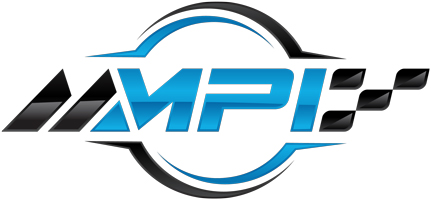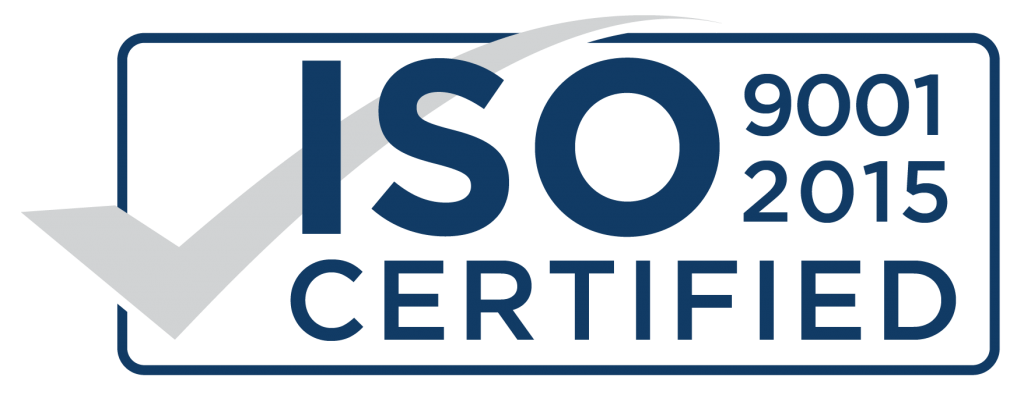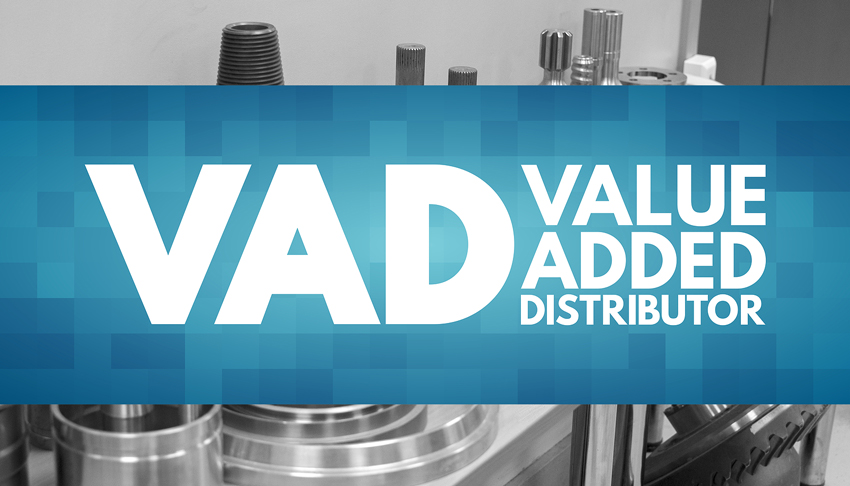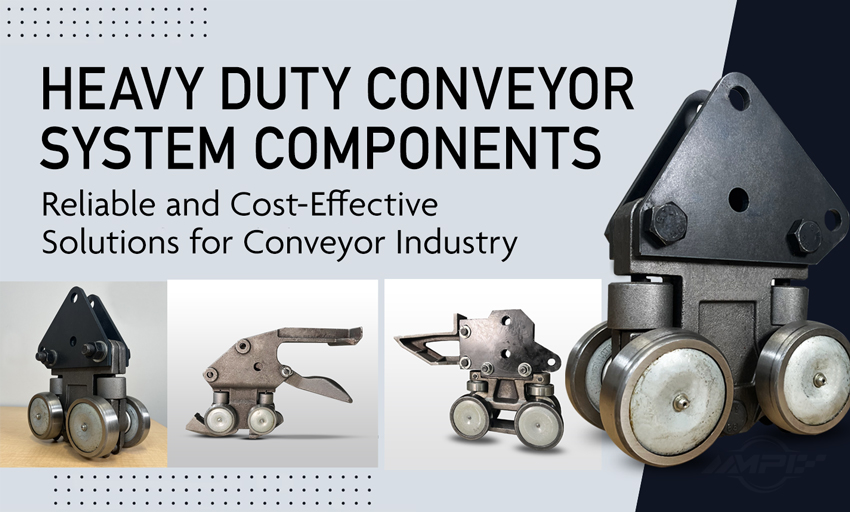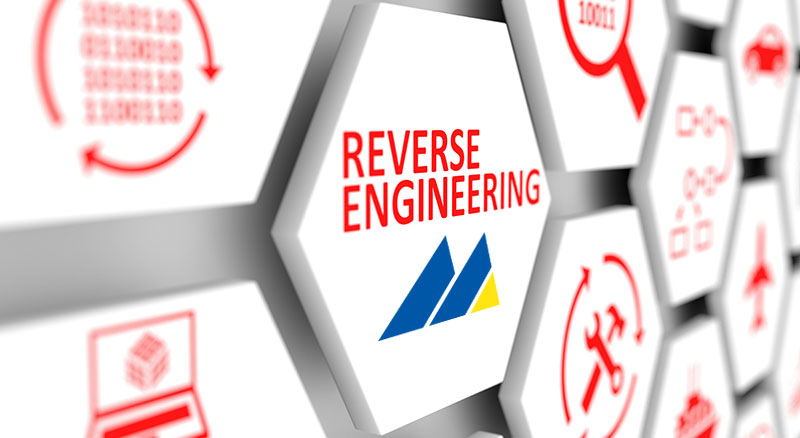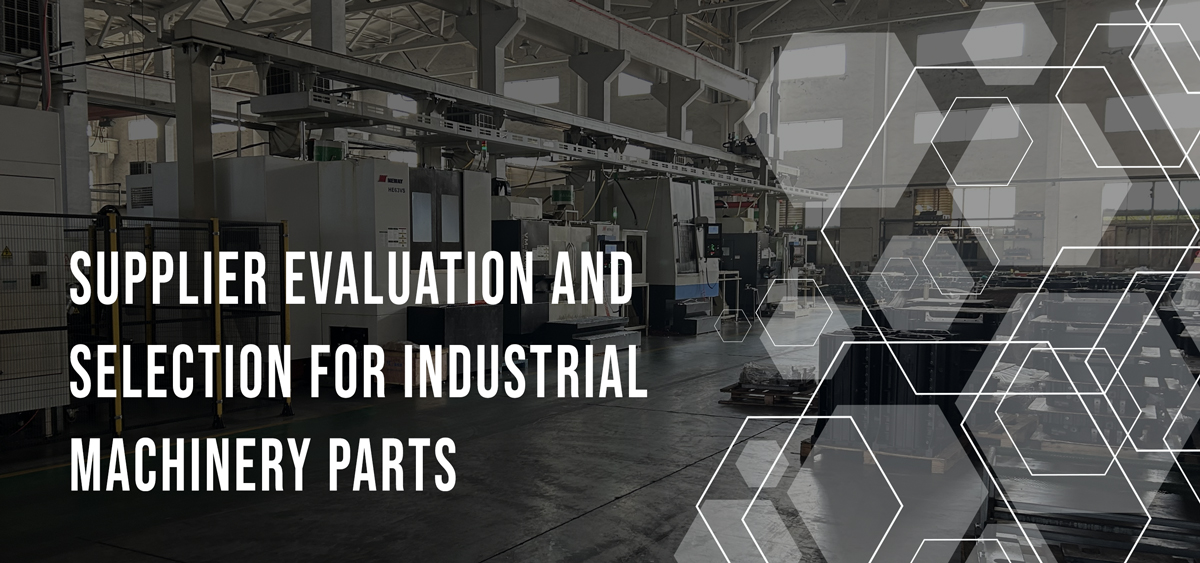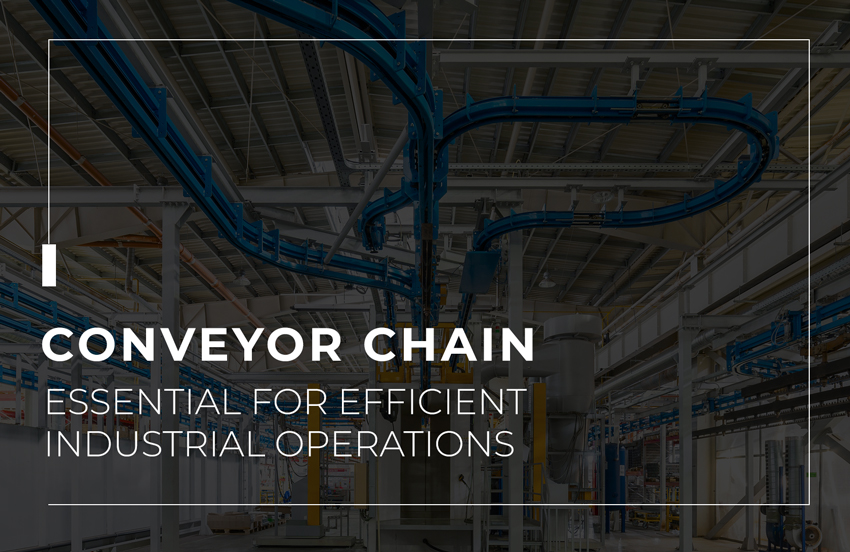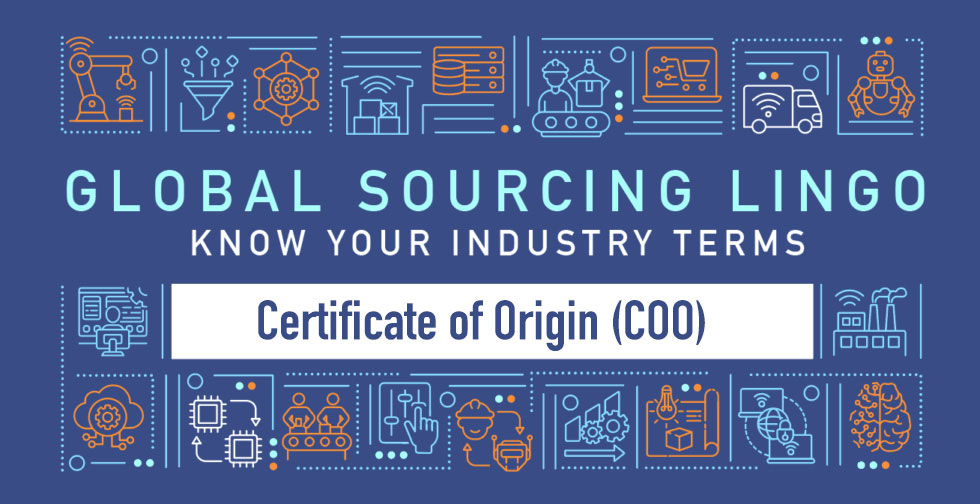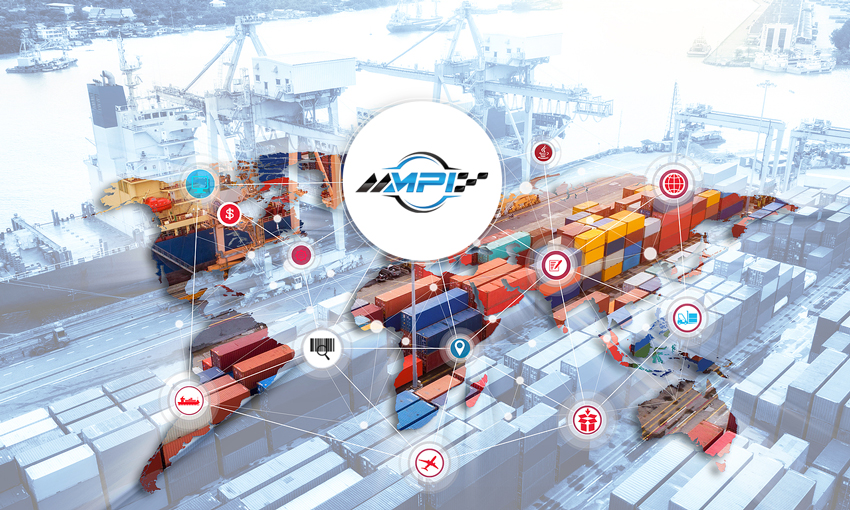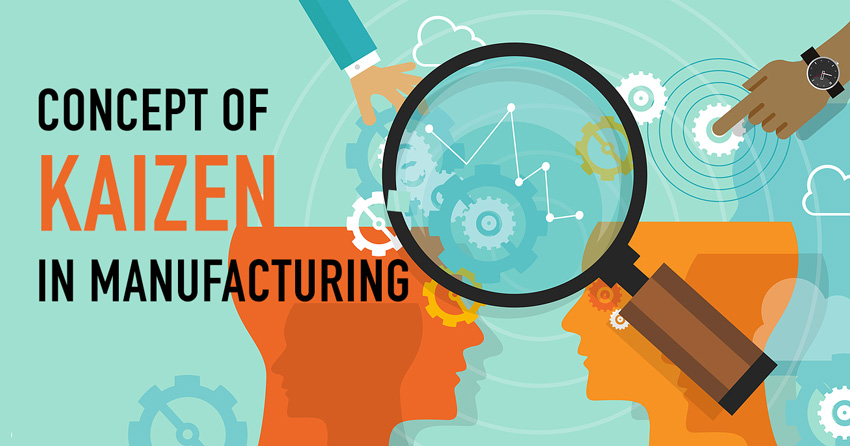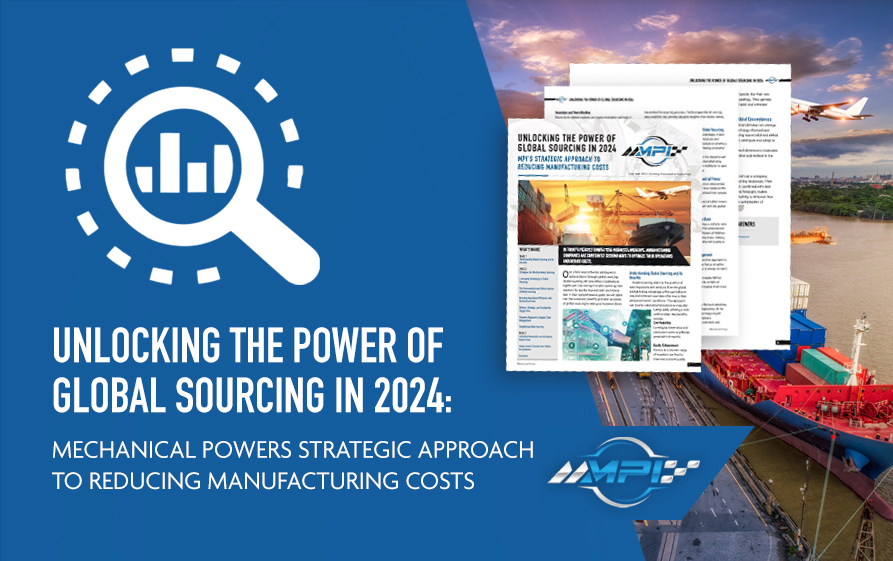In the ever-evolving landscape of the global supply chain, Value-Added Distributors (VADs) have emerged as pivotal players. VADs go beyond the traditional roles of distributors by providing additional services and expertise that enhance product value.
This blog post delves into the dynamic world of VADs, highlighting their crucial role, especially in the distribution of industrial parts.
History and Evolution of VADs
Value-added distribution traces its roots back to the early days of supply chain management, where the primary focus was on delivering products. However, with the advancement of technology and evolving market demands, VADs have transformed into entities that provide comprehensive solutions, including product customization, technical support, and consulting services.
Key Functions of Value-Added Distributors
VADs perform several critical functions:
Inventory Management and Logistics
They ensure timely and efficient delivery of products, managing stock levels to prevent shortages or overstocking.
Product Customization and Configuration
VADs tailor products to meet specific customer requirements, adding significant value.
Technical Support and Consulting Services
Offering expert advice and support, they help clients make informed decisions.
Marketing and Sales Support
VADs assist manufacturers in marketing their products, often providing insights into market trends and customer preferences.
Importance of VADs in Different Industries
In industries such as technology, healthcare, and manufacturing, VADs play a vital role. For instance, in the tech industry, they provide customized hardware and software solutions. In healthcare, they ensure the delivery of specialized medical equipment.
Each case study within these industries highlights the impact and value of VADs in streamlining operations and enhancing product offerings.
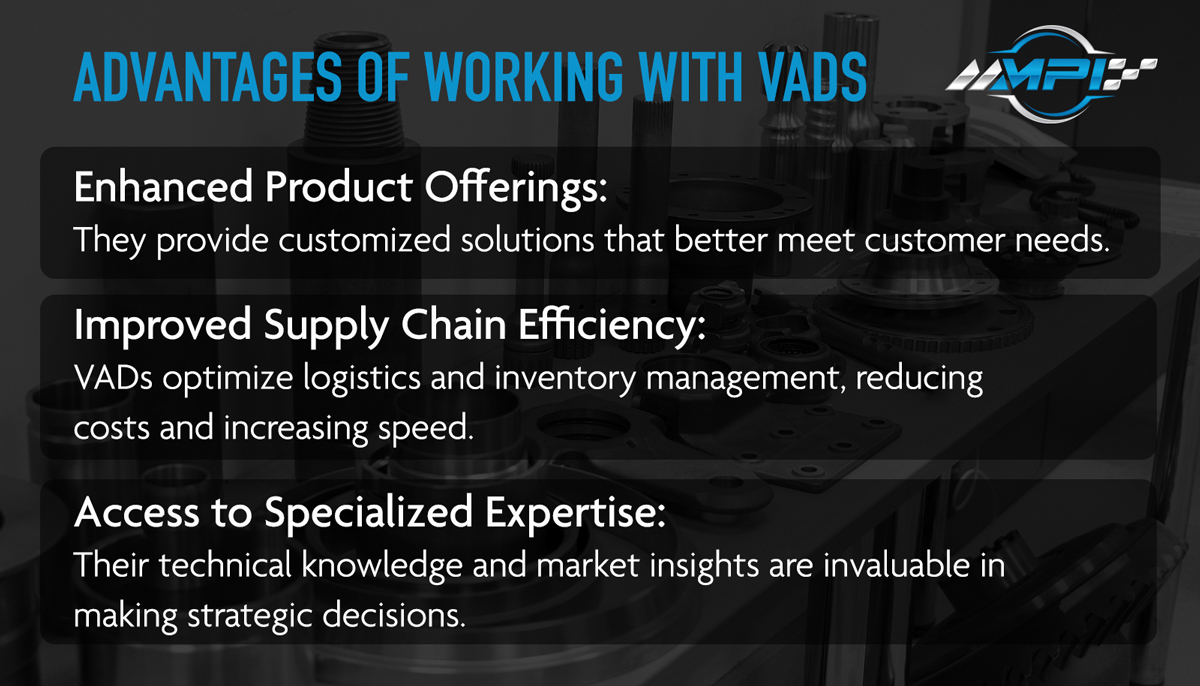
Advantages of Working with VADs
Partnering with a VAD offers numerous benefits:
Enhanced Product Offerings
They provide customized solutions that better meet customer needs.
Improved Supply Chain Efficiency
VADs optimize logistics and inventory management, reducing costs and increasing speed.
Access to Specialized Expertise
Their technical knowledge and market insights are invaluable in making strategic decisions.
Challenges Faced by VADs
Despite their advantages, VADs face several challenges:
Rapidly Changing Technology Landscape
Keeping up with technological advancements is crucial yet challenging.
Competitive Market
Maintaining profitability and market share in a highly competitive environment is a constant struggle.
Evolving Customer Needs
Adapting to changing customer expectations requires agility and innovation.
The Future of Value-Added Distribution
The future of VADs is shaped by emerging trends like digital transformation, IoT, and AI. These technologies are expected to further enhance the efficiency and effectiveness of VADs, making them even more integral to the supply chain.
Conclusion
Value-Added Distributors have revolutionized the way products are distributed and enhanced in various industries. Their role in adding value, providing expertise, and improving supply chain efficiency is undeniable.
As the market continues to evolve, the significance of VADs in ensuring smooth, efficient, and customized distribution will only grow.
If your business is looking to leverage the full potential of value-added distribution, especially in the realm of industrial parts, Mechanical Power is your go-to VAD.
With their expertise in providing tailored solutions, exceptional technical support, and efficient logistics management, Mechanical Power stands out as a leader in value-added distribution.
Connect with Mechanical Power today to explore how they can elevate your supply chain management and help you stay ahead in the competitive industrial market.
Did You Know?
For more than forty years Mechanical Power has been supplying industrial parts at competitive prices from around the world.
Maximize efficiency of your equipment.

Resourceful and innovative Marketing Pro, with 20+ years of progressive experience in the marketing and creative technology industry. Responsible for digital and traditional marketing efforts that promotes brand awareness, increases engagement, and drives revenue.
